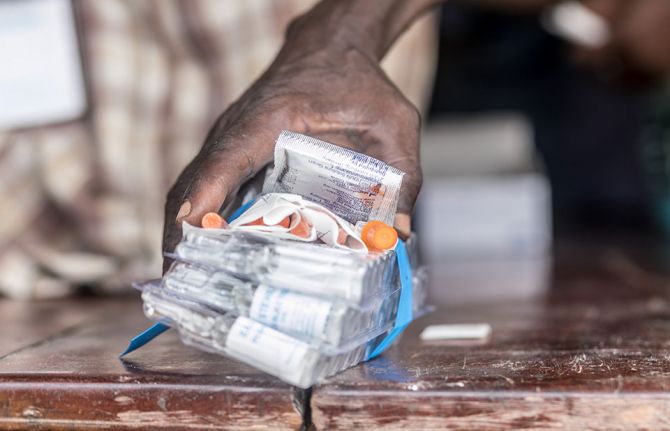
Launch of advocacy explainers on western Africa model drug law
Community-led initiative helps LGBTI migrants to learn their rights in Ecuador
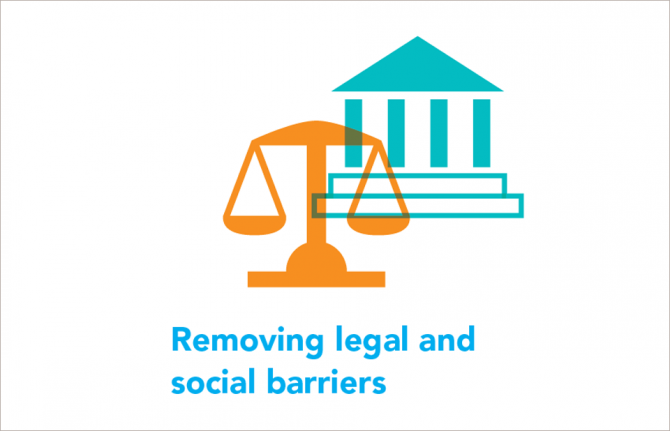
UNAIDS strongly supports calls for the rejection of draft law targeting LGBTI people in Ghana
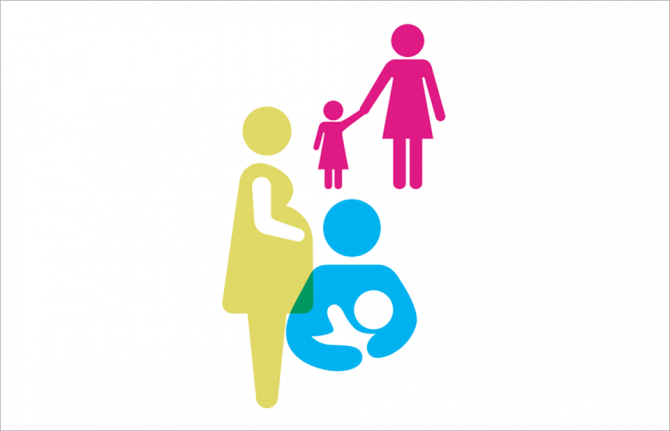
UNAIDS welcomes Chile’s recognition of responsibility for violating the rights of a woman living with HIV sterilized without her consent
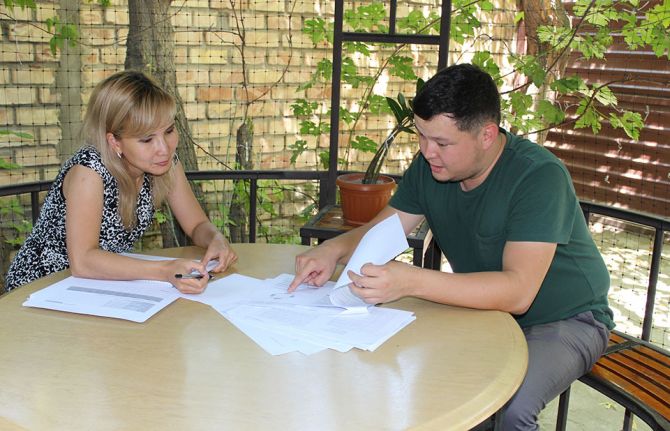
Defending rights and overcoming fear in Kyrgyzstan
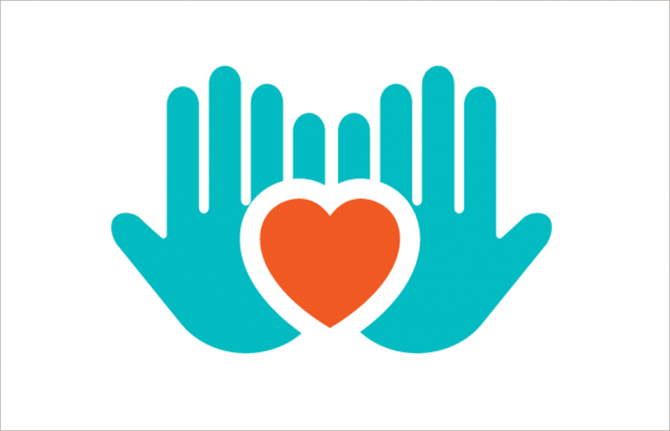
UNAIDS strongly condemns violence against LGBTI activists in Tbilisi, Georgia
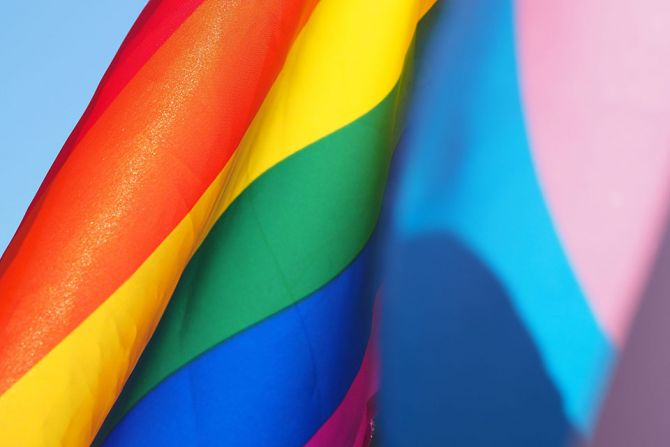
UNAIDS calls on Hungary to immediately remove amendments discriminatory to LGBTI people from newly adopted law
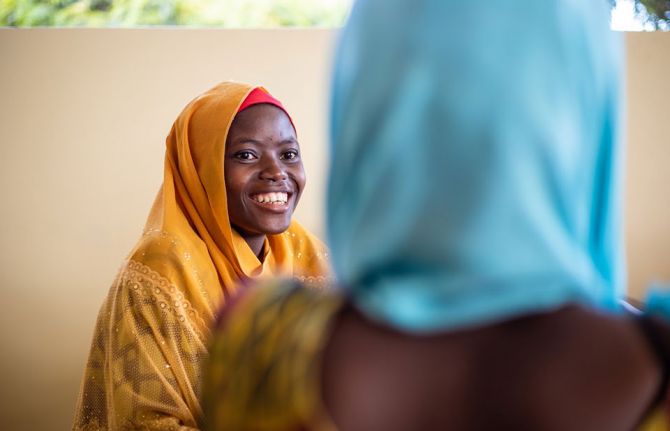
Gender equality and justice critical for ending AIDS
Prioritizing human rights to end inequalities and end AIDS
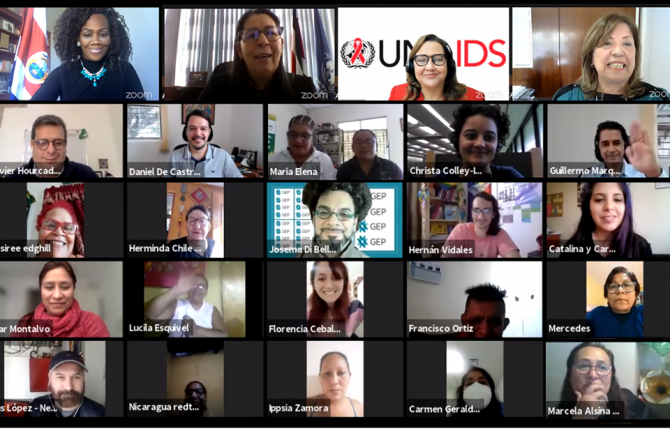
Costa Rica joins Global Partnership for Action to Eliminate all Forms of HIV-Related Stigma and Discrimination
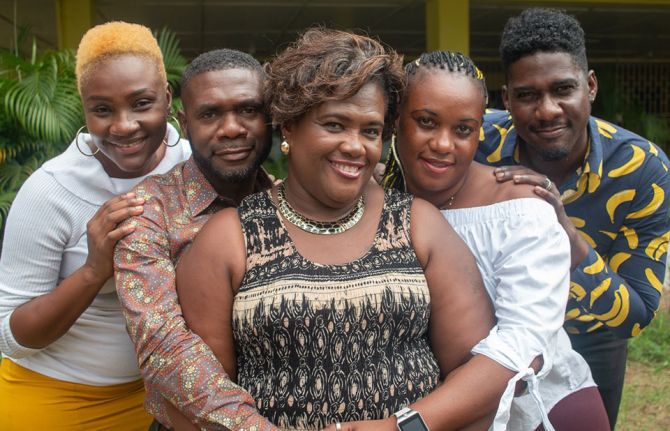
Jamaica partnership works to promote human rights
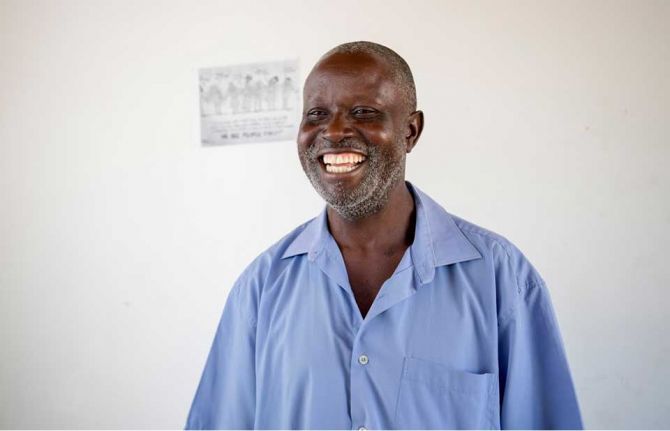
#NotYetUhuru: 60-year-old Patson Manyati reflects on being gay in Zimbabwe*

UNAIDS condemns new law that further criminalizes and marginalizes vulnerable groups of people in Uganda
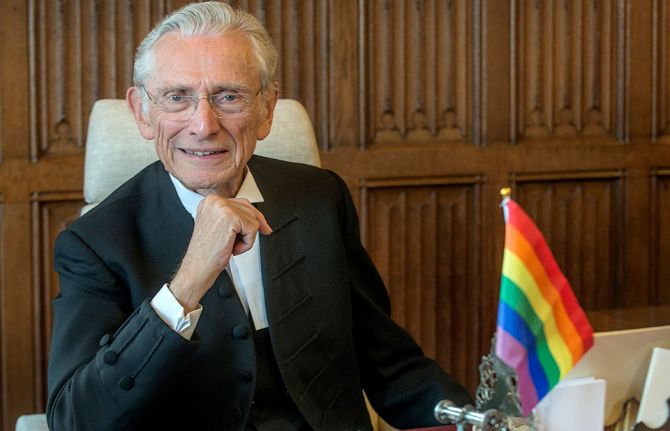
UNAIDS welcomes Lord Fowler as an ambassador
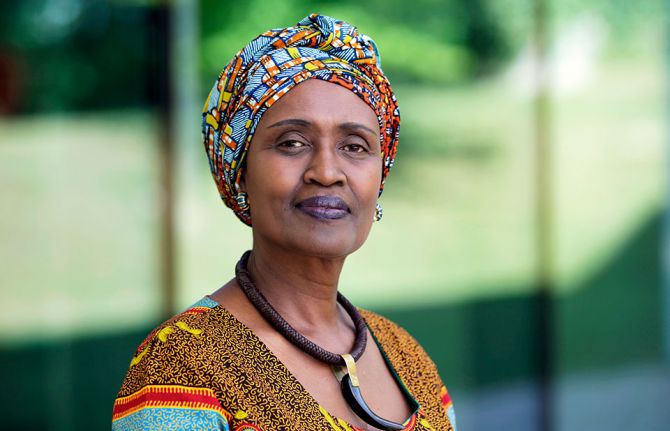
Statement by Winnie Byanyima, Executive Director of UNAIDS, on the occasion of World Health Day
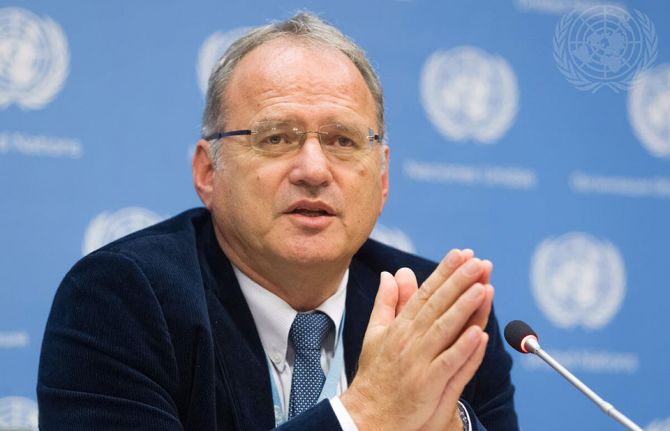
UNAIDS joins human rights community in mourning Christof Heyns, legal academic and expert

Less than 40% of countries report having training programmes at the national level for law enforcement personnel on human rights and HIV
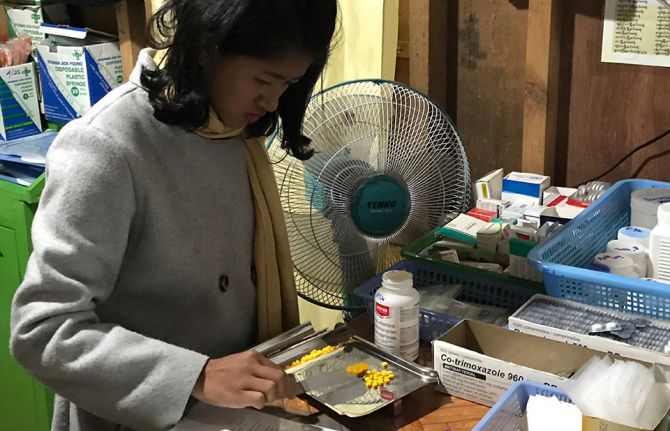
UNAIDS warns that violence in Myanmar is impeding access to services for people living with and affected by HIV
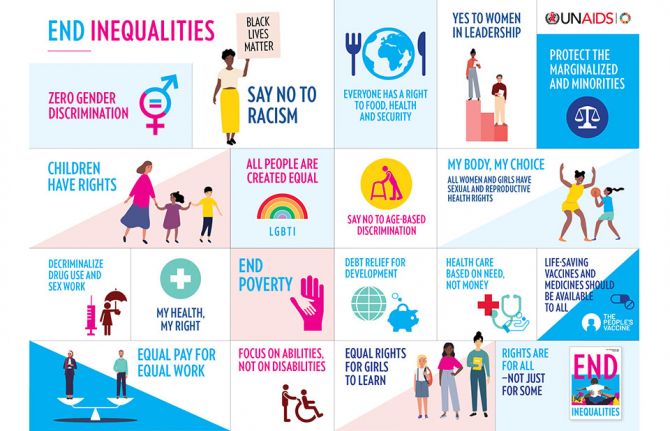
Global Partnership members commemorate Zero Discrimination Day around the world
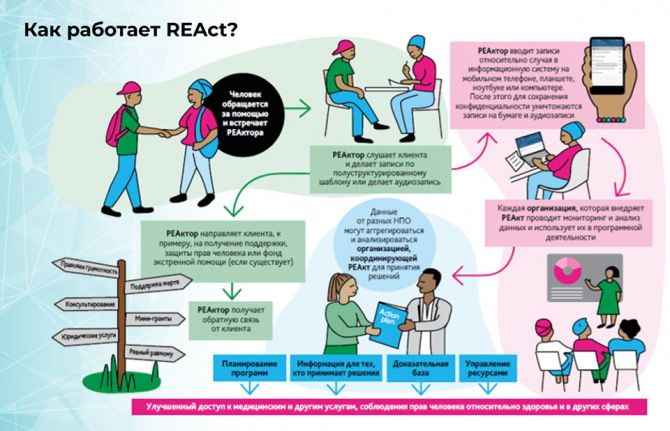
Towards 10–10–10 in eastern Europe and central Asia
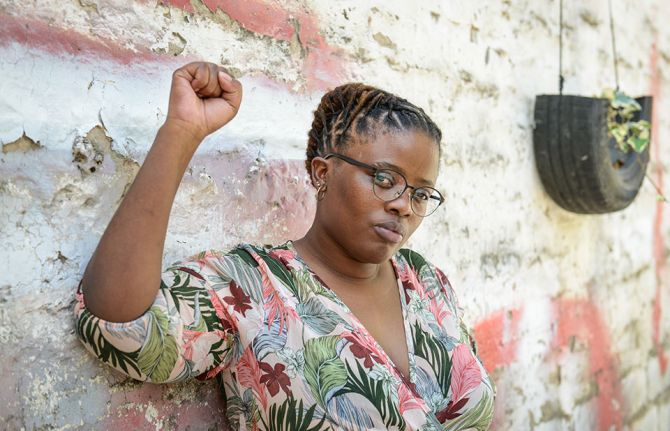
Navigating Lesotho’s legal system to address gender-based violence
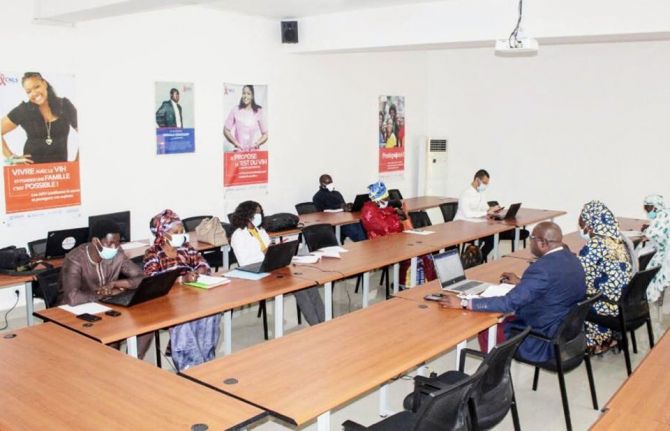
Gender inequalities in Senegal highlighted on Zero Discrimination Day
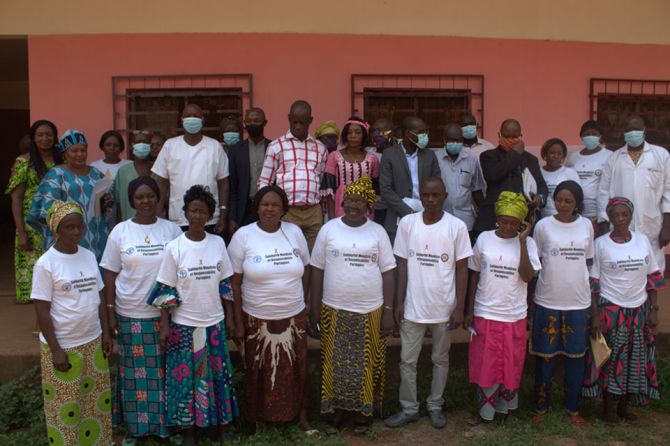
Central African Republic marks Zero Discrimination Day
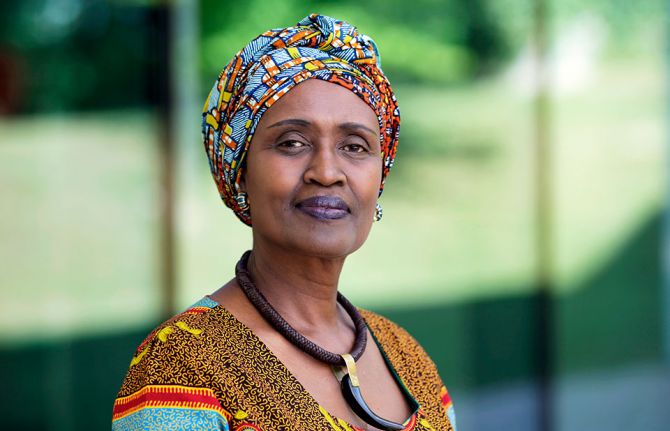
Message from the UNAIDS Executive Director on Zero Discrimination Day 2021
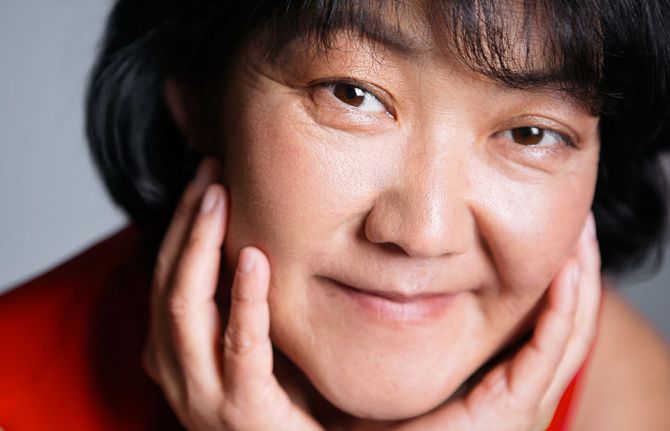
People living with HIV in Kyrgyzstan have won the right to adopt
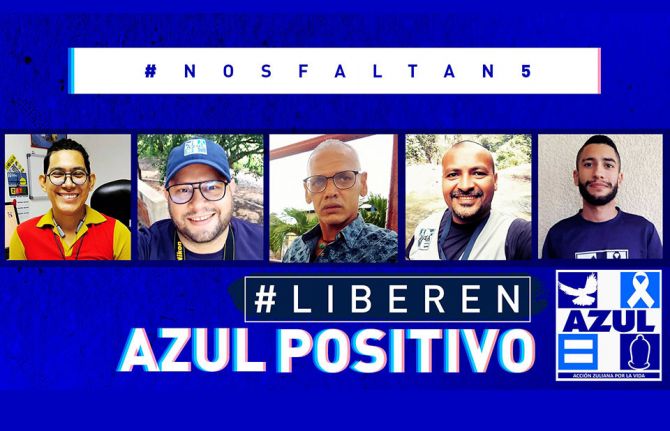
UNAIDS calls for the release of five humanitarian workers detained in the Bolivarian Republic of Venezuela
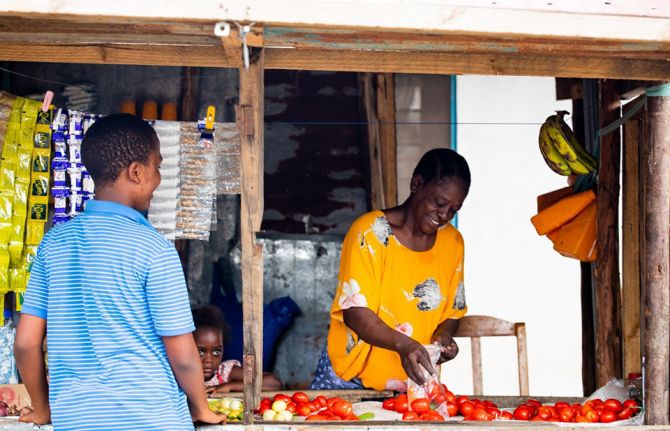
Discriminatory attitudes towards people living with HIV declining in some regions, rebounding in others
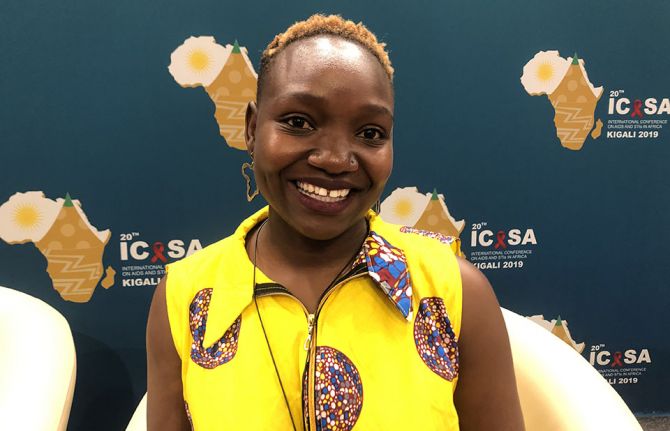
Challenge the stigma, pursue your right to health

UNAIDS calls for the LGBT community in Uganda to be treated with respect and dignity at all times
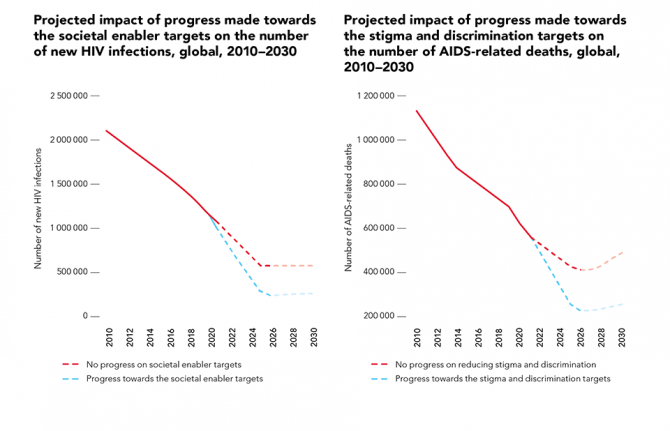
Attaining UNAIDS’ proposed societal and legal barrier targets could stop 440 000 AIDS-related deaths

First-ever Jamaica transgender strategy looks beyond health
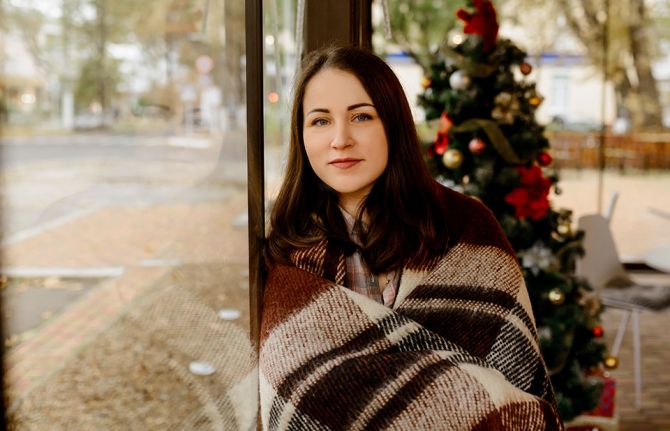
Hope from Tiraspol
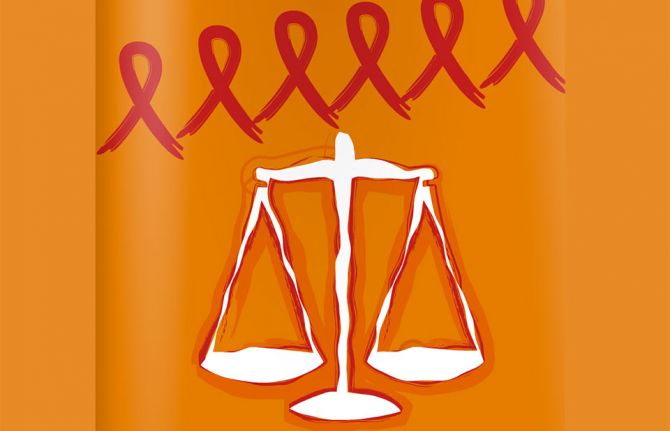
UNAIDS applauds the vote by Bhutan’s parliament to repeal laws that criminalize and discriminate against LGBT people
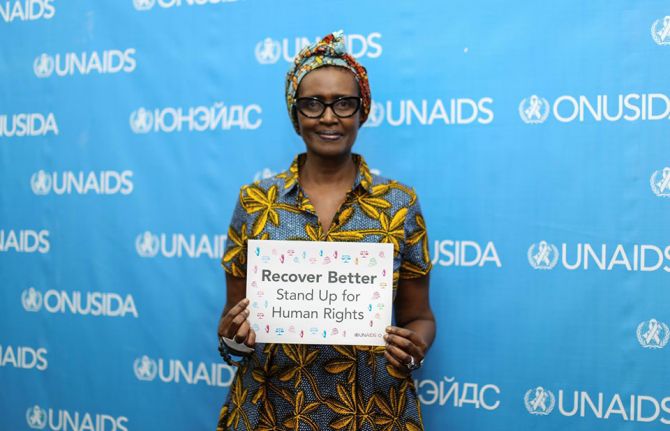
UNAIDS calls on countries to put human rights first to beat pandemics
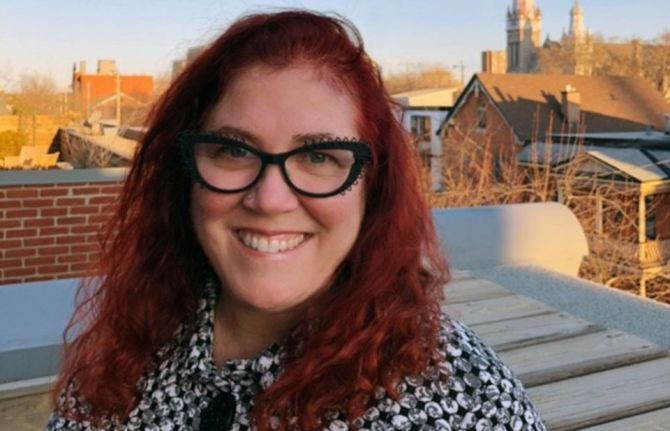
UNAIDS welcomes Suki Beavers as UNAIDS Director of Gender Equality, Human Rights and Community Engagement
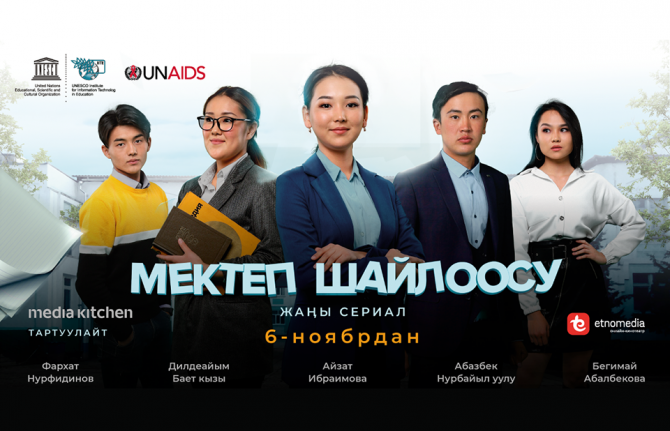
Interactive TV series about HIV launched in Kyrgyzstan
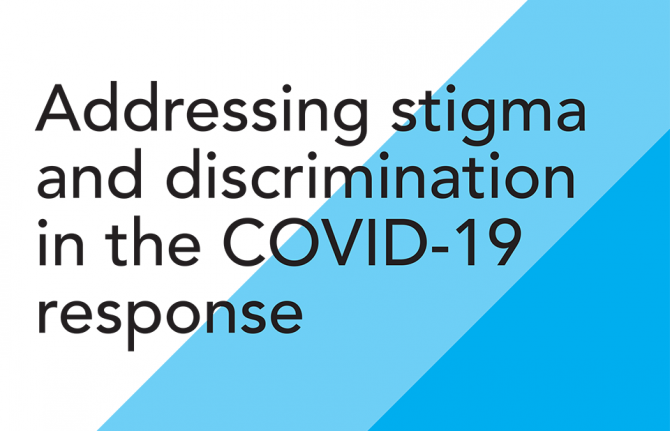
UNAIDS issues guidance on reducing stigma and discrimination during COVID-19 responses
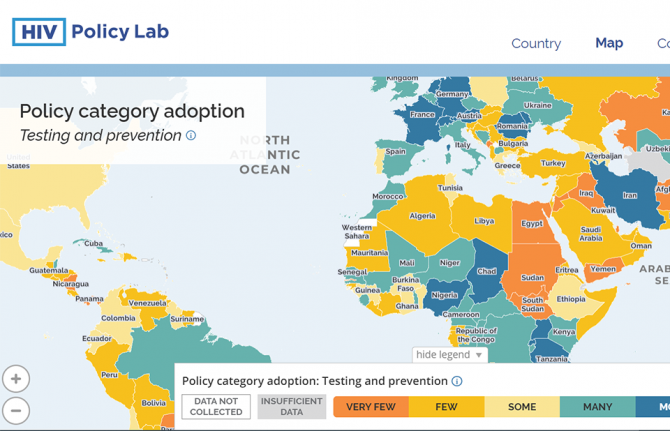
New HIV Policy Lab uses law and policy data in the HIV response
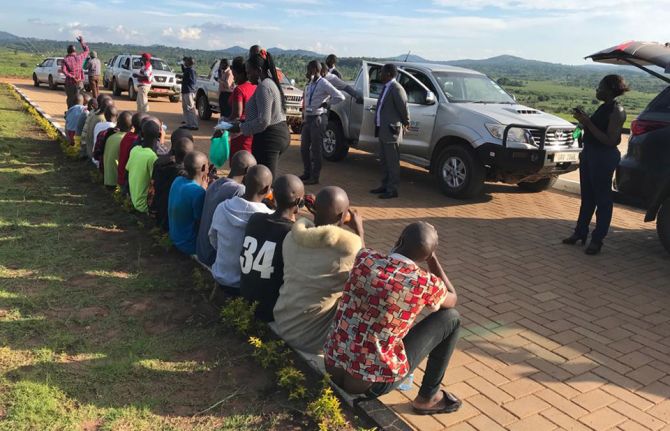
By any means necessary: defending human rights in Uganda in the time of COVID-19
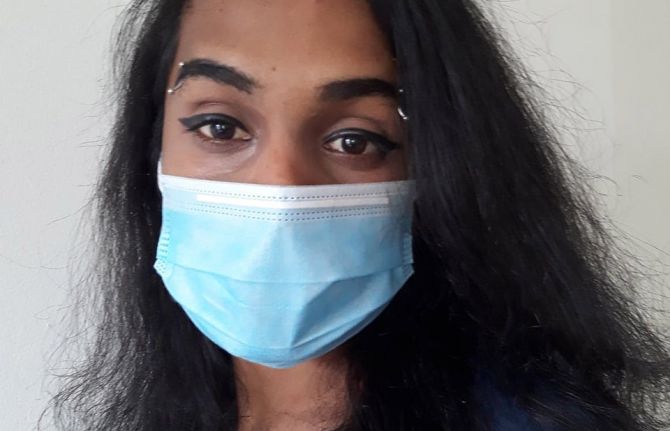
Lessons learned from the HIV response – UNAIDS warns of dangers of failing to respect human rights in the response of COVID-19
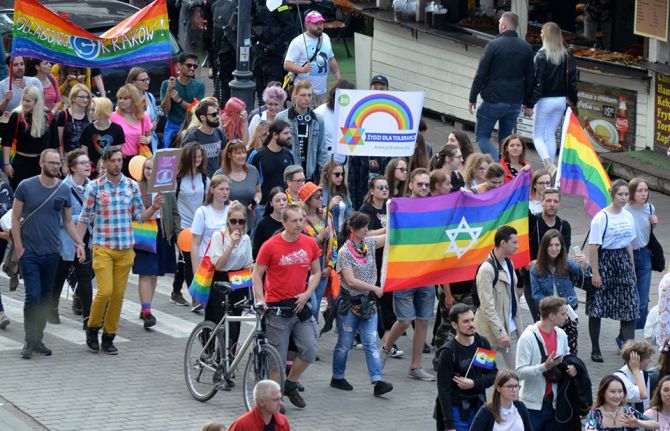
UNAIDS calls on Poland to uphold the rule of law and protect the rights of LGBTI people
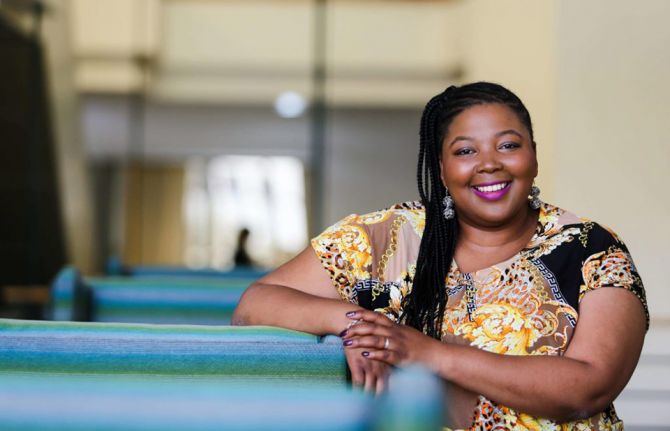
UNAIDS congratulates Tlaleng Mofokeng on her appointment as United Nations Special Rapporteur on the right to health
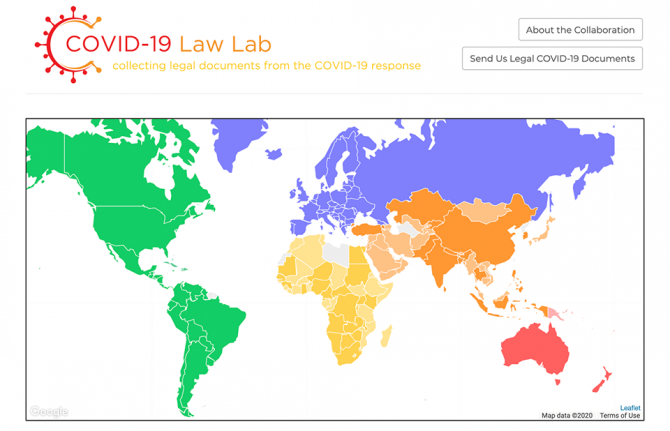
New COVID-19 Law Lab to provide vital legal information and support for the global COVID-19 response
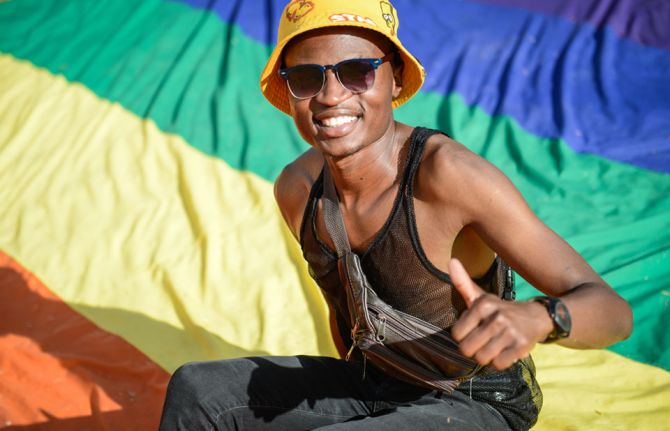
UNAIDS welcomes decision by Gabon to decriminalize same-sex sexual relations

UNAIDS report on the global AIDS epidemic shows that 2020 targets will not be met because of deeply unequal success; COVID-19 risks blowing HIV progress way off course
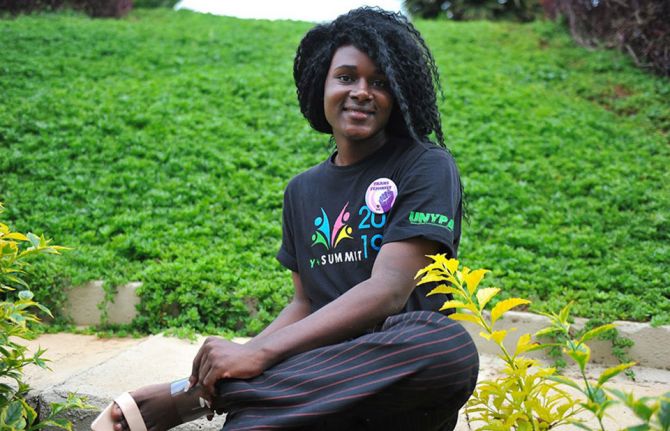
“I also need to be happy”: Anna Morena’s story
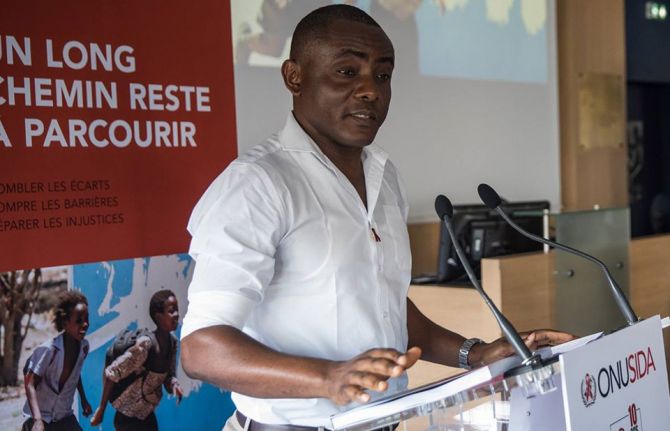
Remembering human rights activist Yves Yomb
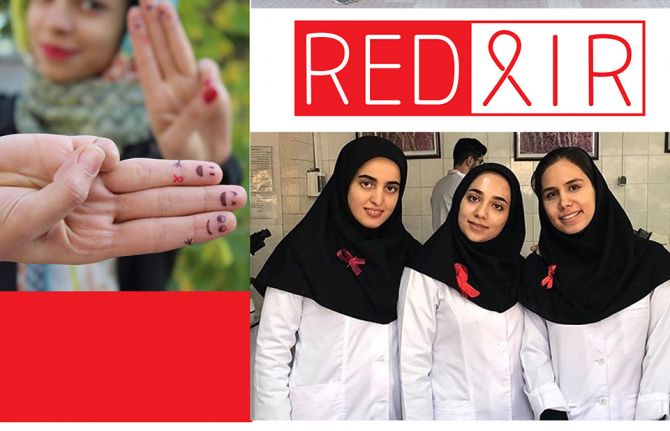
Online games fighting HIV stigma and discrimination in the Islamic Republic of Iran
UNAIDS calls on governments to stop arbitrary and discriminatory arrests of LGBTI people and to protect their human rights
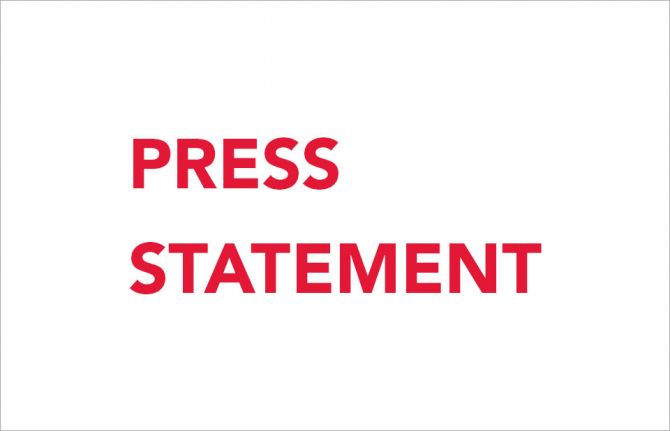
UNAIDS calls on Hungary to respect the rights of transgender people
